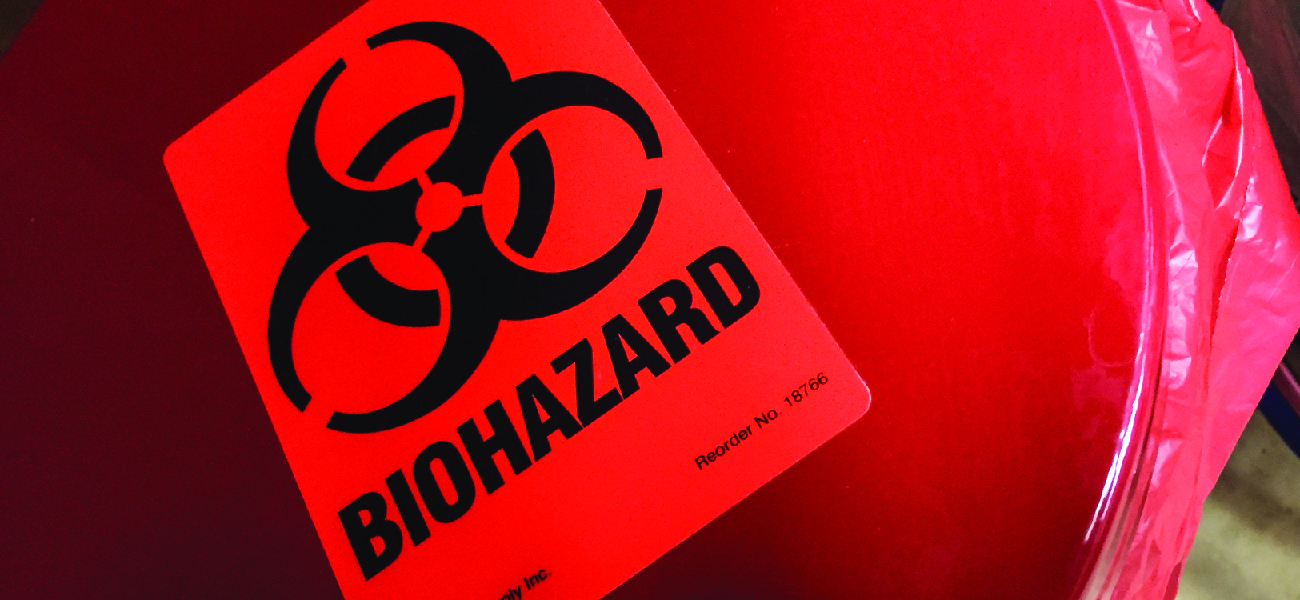| << Chapter < Page | Chapter >> Page > |

In the United States and other developed nations, public health is a key function of government. A healthy citizenry is more productive, content, and prosperous; high rates of death and disease, on the other hand, can severely hamper economic productivity and foster social and political instability. The burden of disease makes it difficult for citizens to work consistently, maintain employment, and accumulate wealth to better their lives and support a growing economy.
In this chapter, we will explore the intersections between microbiology and epidemiology , the science that underlies public health. Epidemiology studies how disease originates and spreads throughout a population, with the goal of preventing outbreaks and containing them when they do occur. Over the past two centuries, discoveries in epidemiology have led to public health policies that have transformed life in developed nations, leading to the eradication (or near eradication) of many diseases that were once causes of great human suffering and premature death. However, the work of epidemiologists is far from finished. Numerous diseases continue to plague humanity, and new diseases are always emerging. Moreover, in the developing world, lack of infrastructure continues to pose many challenges to efforts to contain disease.

Notification Switch
Would you like to follow the 'Microbiology' conversation and receive update notifications?